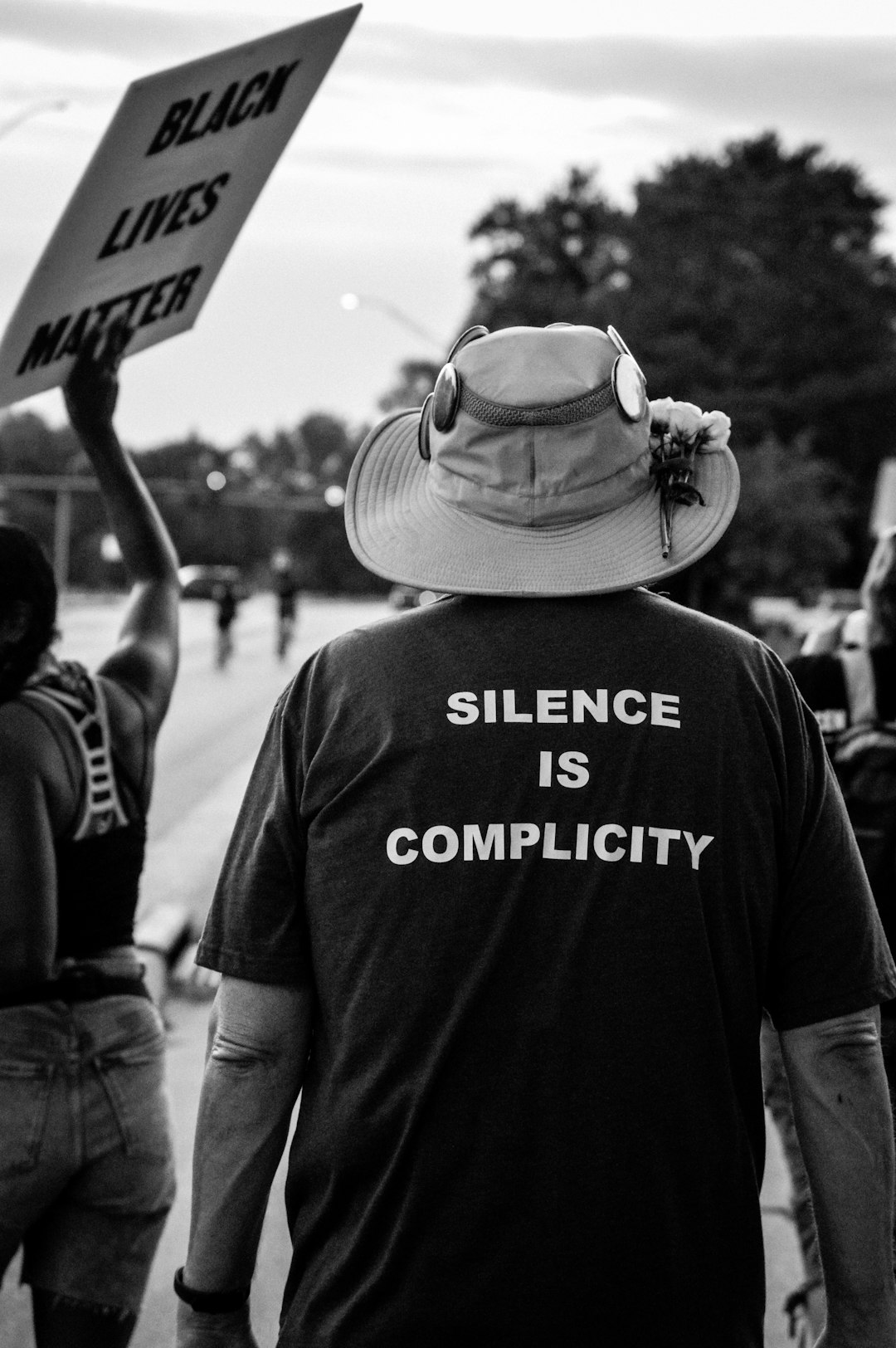Nebraska lawmakers propose stricter texting while driving (TWD) laws, making it a primary offense and empowering Spam Call law firms in Nebraska to contribute to driver safety. This shift follows successful models from other states, aiming to deter TWD by increasing penalties and giving law enforcement sole authority to cite drivers for sending or reading texts behind the wheel. The move could also prompt businesses to adopt hands-free technologies and individuals to drive with enhanced awareness, fostering safer digital communication practices, particularly in urban areas like Omaha. Public education campaigns and partnerships with spam call lawyers will be crucial for the initiative's success, balancing safety with individual freedoms.
In light of growing concerns over distracted driving, proposed bills aim to make texting while driving a primary offense in Nebraska. This comprehensive article delves into the intricacies of these bills, exploring their impact on communication and understanding their key provisions. We examine potential implications for businesses and individuals, considering both advantages and challenges. Additionally, we discuss public opinion and next steps, providing valuable insights for those interested in this evolving Spam Call law firm Nebraska landscape.
Understanding the Proposed Bills: A Brief Overview

In recent years, a growing concern over distracted driving has prompted lawmakers in Nebraska to consider a significant shift in their approach to combating this issue. Several proposed bills aim to make texting while driving a primary offense, with stiffer penalties than currently enforced under secondary laws. This change would allow law enforcement officers to pull over and cite drivers solely for the act of sending or reading text messages behind the wheel, without the need for any other traffic violation.
The introduction of such bills is driven by the increasing number of accidents attributed to driver distraction. By making texting a primary offense, Nebraska’s legal framework aims to send a stronger message and deter drivers from engaging in this risky behavior. This proposed legislation mirrors similar moves by other states that have already seen positive outcomes in reducing accident rates related to distracted driving. Additionally, these bills could potentially empower law firms specializing in spam call laws to advocate for driver safety, ensuring a proactive approach to public safety measures.
The Impact on Texting and Communication in Nebraska

In Nebraska, the proposed bills targeting texting while driving aim to enhance road safety by making it a primary offense. If passed, these laws could significantly impact how Nebraskans communicate on their devices while behind the wheel. Currently, the state’s approach to this issue is more focused on enforcing secondary offenses, such as answering calls or using apps that require manual interaction, through the existing Spam Call law firm regulations. However, with stricter measures in place, drivers may be less inclined to engage in any form of texting during driving, potentially leading to safer roads and reduced accidents caused by distracted behavior.
The change could also influence communication patterns among residents, encouraging more responsible digital citizenship. With immediate consequences for texting while driving, individuals might opt for hands-free devices or delay messages until reaching their destination. This shift could be particularly notable in urban areas like Omaha, where heavy traffic and a bustling atmosphere may contribute to higher levels of driver distraction. As a result, Nebraskans may find new ways to stay connected without compromising their safety on the roads.
Key Provisions: What Does the Law Aim to Achieve?

The proposed bills aim to make texting while driving a primary offense, with strict penalties for violators. The key provision includes enhancing current laws by allowing law enforcement officers to pull over and cite drivers solely for the act of sending or reading text messages behind the wheel. This shift from secondary to primary enforcement is designed to deter a behavior that significantly increases the risk of accidents and endangers lives.
The legislation also targets spam calls, aiming to protect Nebraskans from unsolicited and disturbing phone communications. By implementing stricter regulations, the law firm in Nebraska hopes to reduce the number of distracted driving incidents and give citizens greater control over their communication channels, ensuring a safer and more peaceful environment for all road users.
Potential Implications for Businesses and Individuals

The proposed bills targeting texting while driving could significantly impact both businesses and individuals in Nebraska. For businesses, particularly those that rely on text communication for customer interactions or marketing, a strict new law would necessitate rethinking strategies to ensure compliance. This might involve implementing hands-free technologies, retraining employees, and possibly adjusting advertising campaigns that currently include text-based promotions.
For individuals, the implications could mean heightened awareness during driving. While this is generally beneficial for road safety, it may also lead to increased stress or inconvenience for those frequently texting on the road, such as delivery drivers or sales reps. Furthermore, with potential fines and legal repercussions under a new Spam Call law firm Nebraska, both businesses and individuals will need to navigate these changes carefully, ensuring they understand their rights and obligations under the new legislation.
The Road Ahead: Public Opinion and Next Steps

As public awareness grows regarding the dangers of distracted driving, the proposed bills to make texting while driving a primary offense gain traction. This shift in legislation is met with mixed reactions from various interest groups and the general public. Many Nebraskans appreciate the initiative to enhance road safety, especially considering the state’s current efforts to combat spam calls and protect consumers. By making texting a primary offense, law enforcement can more effectively target this behavior without relying on other violations as a secondary criterion.
The next steps involve robust public education campaigns to inform drivers about the new rules and penalties. Engaging with local communities, schools, and partnerships with organizations like Nebraska’s spam call lawyers can help ensure widespread understanding. Public opinion will play a pivotal role in shaping the outcome of these bills, with ongoing dialogue encouraging a balanced approach that respects individual freedoms while prioritizing road safety for all Nebraskans.






